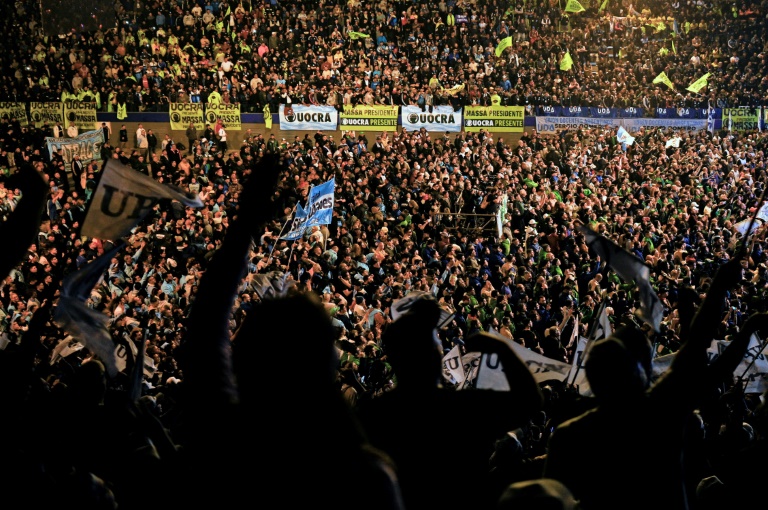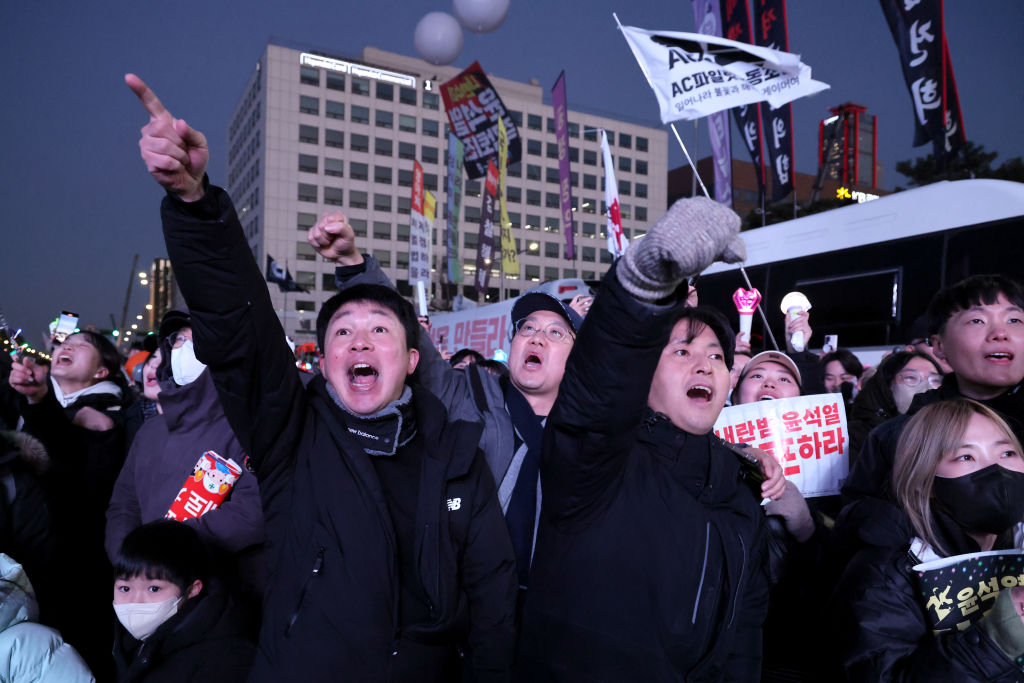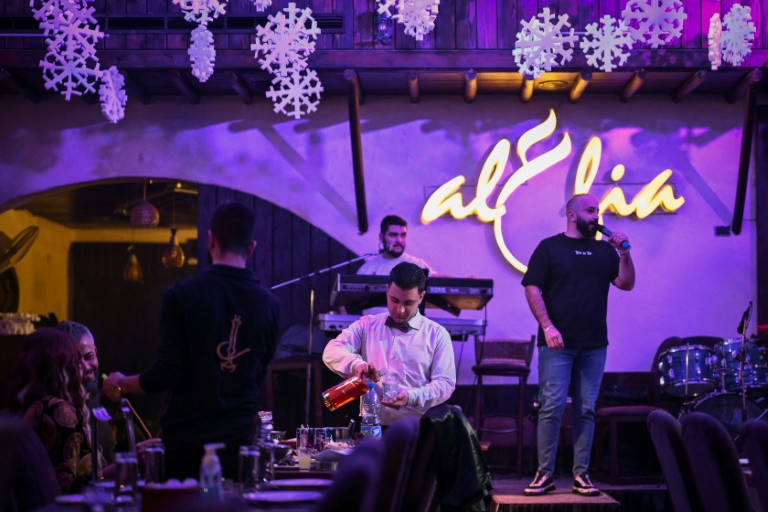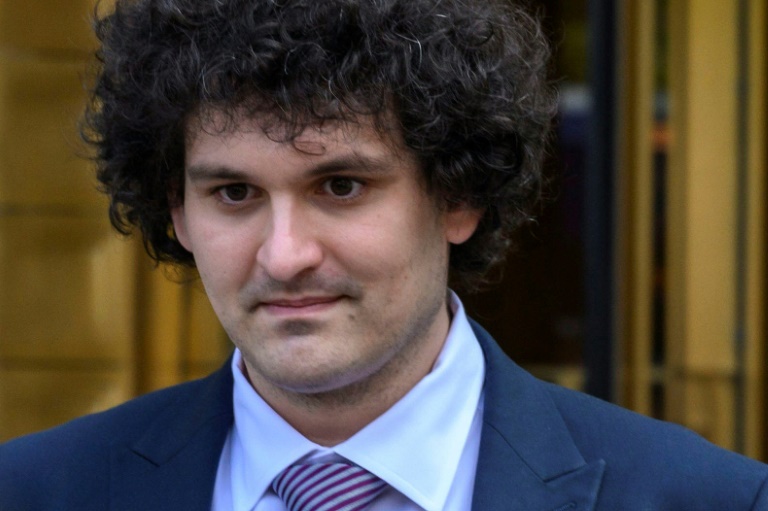AFP
Argentines will vote in a primary election on Sunday, a bellwether for who could be the next president, and what this could mean for an economy clobbered by triple-digit inflation.
This is what you need to know about the vote:
In a unique format in the region, Argentines will on the same day vote for their favorite among 22 potential presidential candidates.
The outcome determines which parties will take part, and who their presidential candidates will be in the general election on October 22.
With 35.4 million Argentines eligible to vote, the primary can be a strong predictor of who will win the election if one candidate soars above the rest.
Not voting incurs a fine, but analysts expect to see lower turnout than usual amid increased voter apathy.
“The inflation is unbearable, but I don’t trust anyone to fix an economy like this overnight,” said Santiago Matos, 18.
The Latin American giant is gripped by deep economic malaise, fueled by years of debt defaults, currency crises, and hyperinflation.
Year-on-year inflation has hit 115 percent, poverty has soared, and the value of the peso has plummeted. The government, battling dwindling foreign reserves, has imposed strict currency controls and slapped businesses with higher import taxes to shore up dollars.
The leading candidates could indicate prospects of more fiscal discipline as well as how turbulent relations could evolve with the International Monetary Fund, to whom Argentina owes $44 billion.
“A high number of votes for the opposition, a sign of a possible change in government, could appease the markets,” said Juan Negri, a political science professor at the Torcuato di Tella University.
However if populist Peronism — heavy on state intervention, subsidies, and welfare programs — comes out on top, “there will be a strong shock.”
President Alberto Fernandez is not seeking re-election.
Economy Minister Sergio Massa is seen as a shoo-in as the presidential candidate for the center-left Peronist coalition currently in power.
However, social leader Juan Grabois is challenging him, representing the more leftist bloc within the Union for the Homeland coalition.
A tight race is predicted for the right-wing Juntos por el Cambio (Together for Change) coalition.
Buenos Aires mayor Horacio Rodriguez Larreta, considered a moderate, is facing off against former security minister Patricia Bullrich.
Heading to the presidential election unchallenged, as his party’s only candidate, is Javier Milei, a libertarian and far-right lawmaker with a soft spot for former US President Donald Trump and Brazil’s ex-leader Javier Bolsonaro.
Primary candidates must garner more than 1.5 percent of the vote to advance to the presidential election, and the primary will show how much support Milei — a high-profile Buenos Aires lawmaker — commands nationwide.

AFP
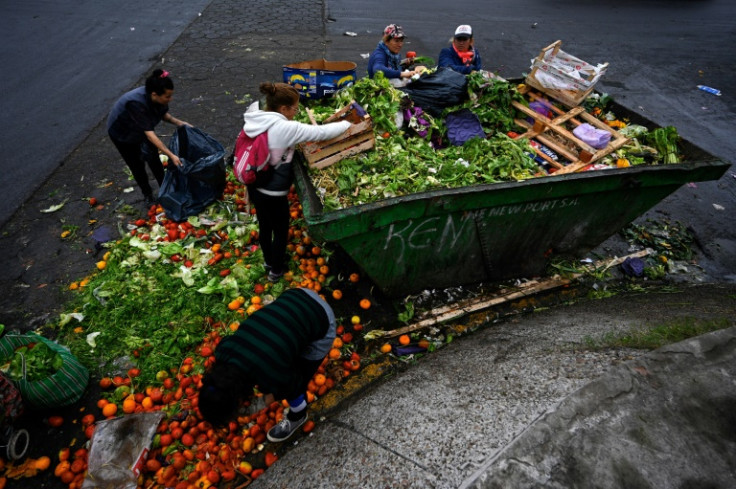
AFP

